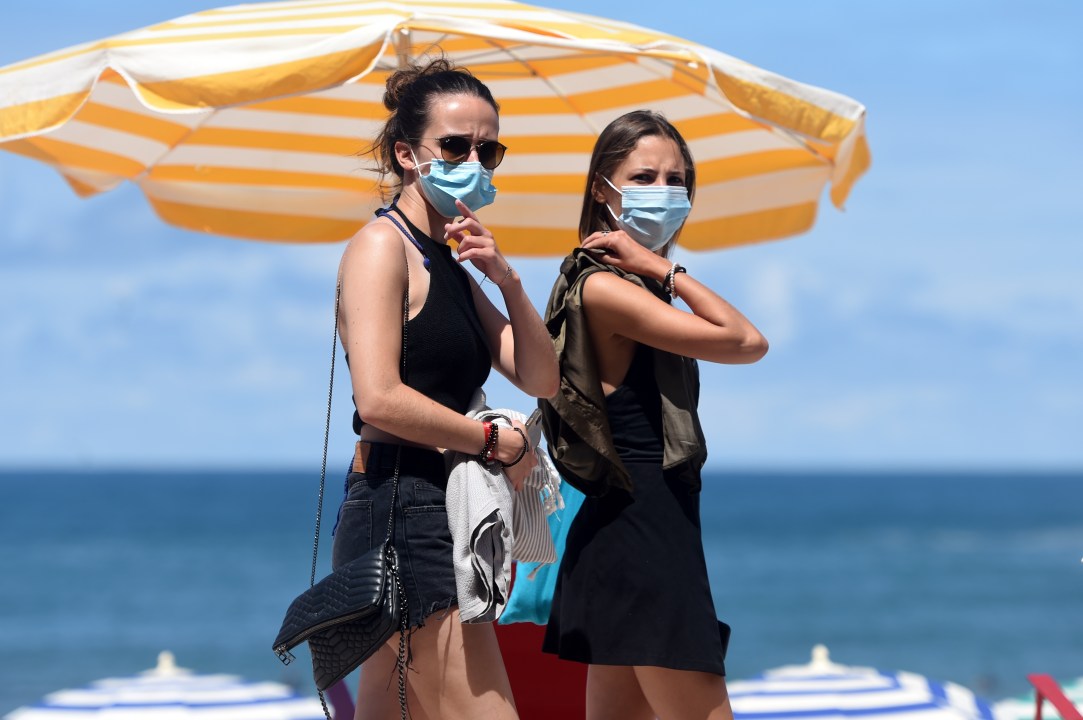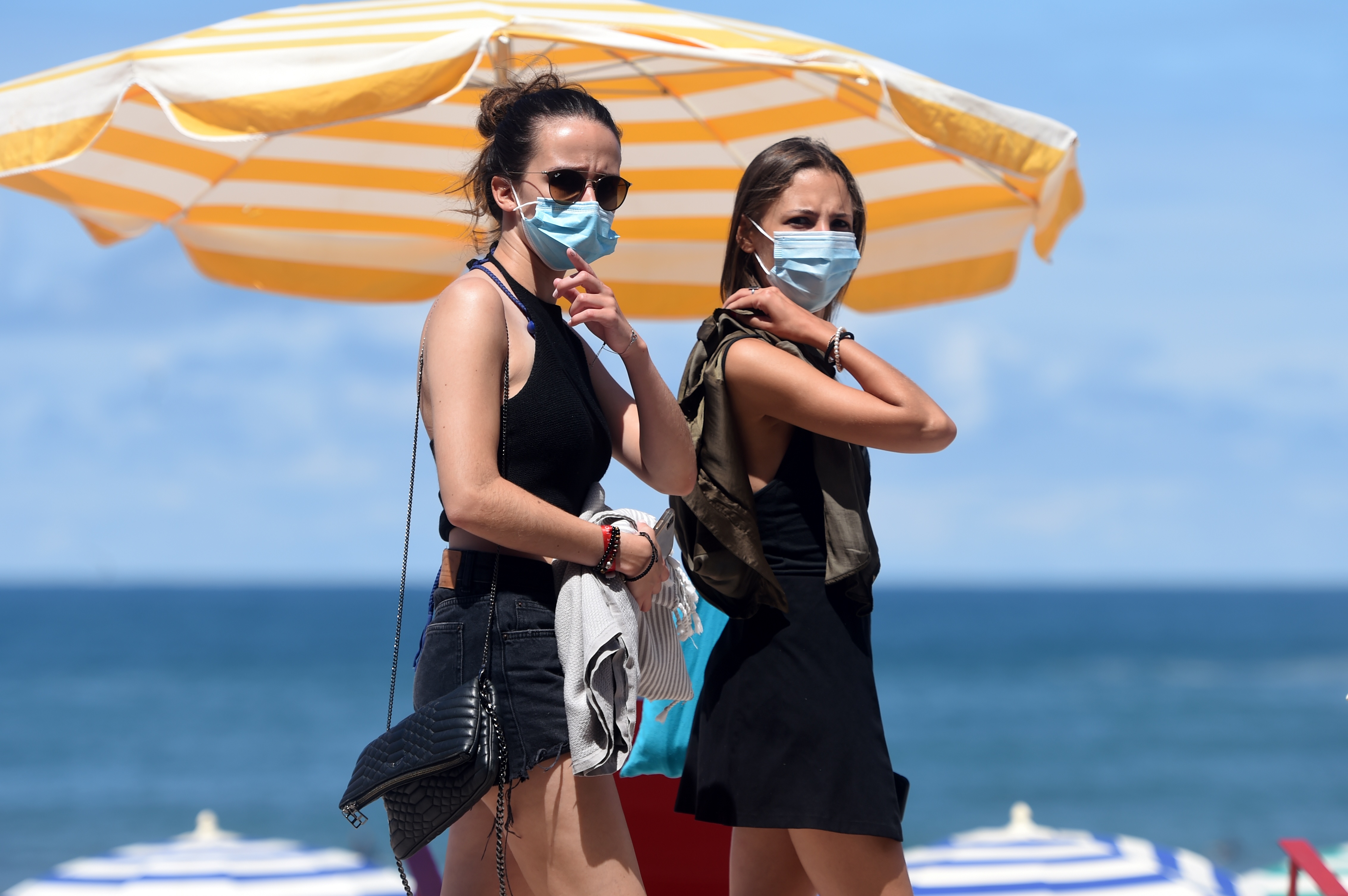Covid-19 has brought us a Dunkirk spirit alright. Once again we have hundreds of thousands of Brits in a mad scramble to get back to Britain from France, as soon as a flotilla of ships will let them. It is just that this time around it feels a little more self-inflicted than last time. Have ministers learned nothing from the fiasco of Spain a couple of weeks ago? Holidaymakers then were given a few hours notice before quarantine rules were brought in, leaving many desperately trying to book flights at horribly inflated prices or else risk having to self-isolate for 14 days upon their return. It went so well that the government has repeated it with France, where 450,000 Britons are currently thought to be on holiday.
If ministers were deliberately trying to annoy voters, they could hardly do any better. If Covid-19 is rising in France at a rate that justifies a return to quarantine, why could those already in France not be given a week or twos notice – and asked not to visit the most-affected towns and cities in the interim? That would have been a measured response. Instead, the drawbridge is taken up almost immediately. And why the need for a lockdown to cover the entire country when new infections are concentrated in Paris and one or two other cities? In many of the regions favoured by British holidaymakers, Covid-19 is hardly active at all. In the Dordogne, a single patient has been hospitalised with the disease in the past week. In Brittany none have.

Throughout this crisis, we have been promised smart targeted solutions. Yet time and time again the government has opted for the dumbest measures of all: wholesale lockdowns that affect everyone, not just those at most risk, and quarantine rules that apply to everyone and take no account of the true risk of contracting the disease.
Grant Shapps this morning suggested that any country would be liable to have quarantine rules imposed on UK inbound travellers if its rate of new infections exceeded 20 in 100,000. But it is a meaningless statistic unless it is derived from tests on a randomised sample of the population. No country at any point – with the possible exception of Iceland – has managed to identify more than a small fraction of actual Covid cases. In Britain, according to a study by Imperial College this week, 3.2 million people have had the disease – more than 10 times the official figure. Some countries have apparently high rates of infection simply because they are testing a higher proportion of their populations. Luxembourg, put on the quarantine list last week, has tested 10 per cent of its 630,000 person population. It has effectively been punished for having an extensive testing system.
If France, Spain and other countries from which returning holidaymakers have been forced to quarantine really had a serious problem, it would have shown up by now in rises in hospitalisations and deaths. But this has not happened – neither France nor Spain has seen a significant uptick in deaths – despite new cases rising for several weeks. Having refused to impose travel bans at the beginning of this crisis in March, when it would have made sense, the government is wreaking havoc through over-zealous adherence to arbitrary rules based on meaningless statistics.








Comments